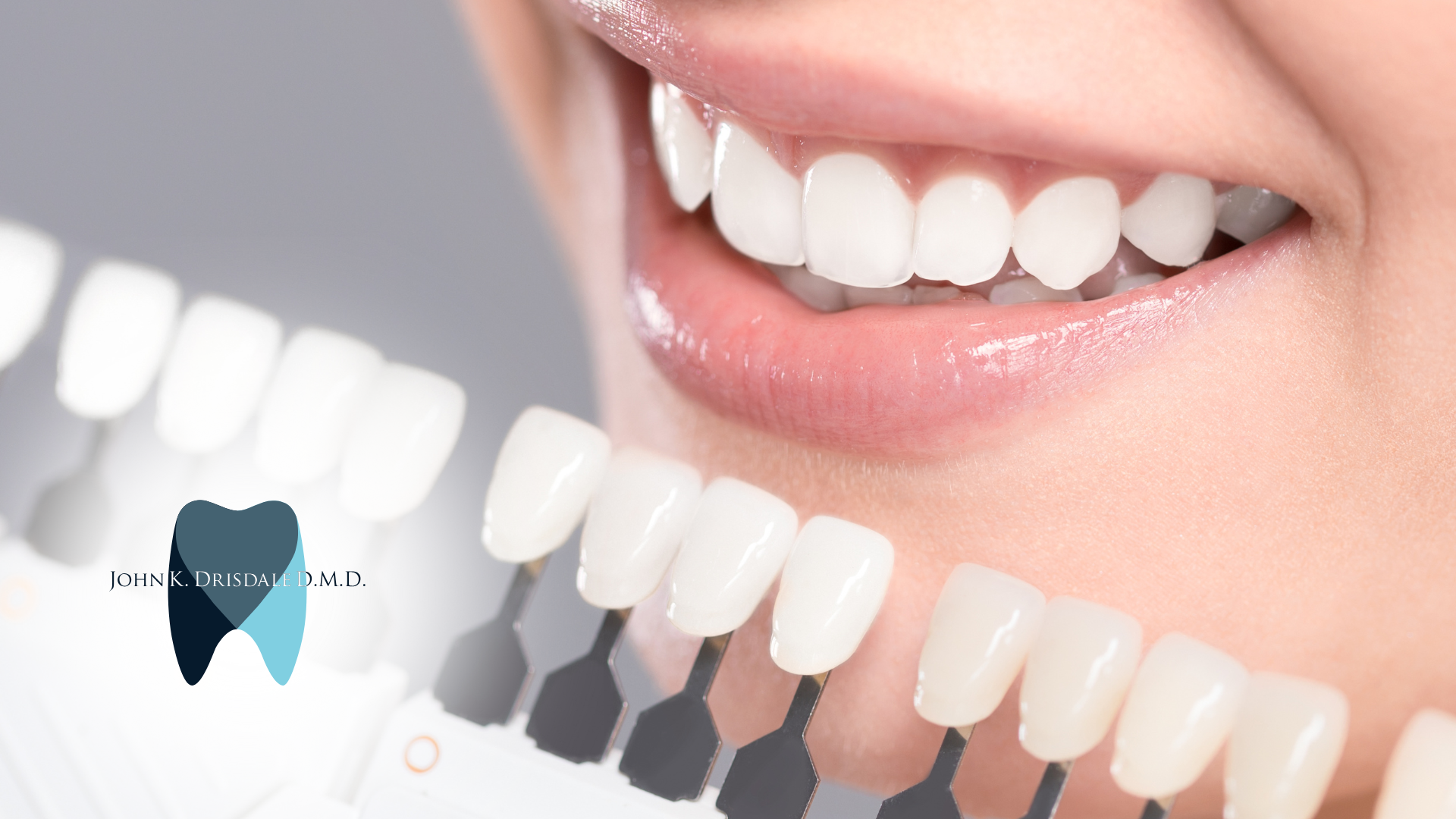Root Canal Treatment: Preserving Smiles and Relieving Pain
Root Canal Treatment: Preserving Smiles and Relieving Pain
Introduction:
Root canal treatment, also known as endodontic treatment, is a dental procedure that has saved countless teeth from extraction and provided much-needed relief from severe dental pain. Although it may sound intimidating, root canal treatment is a highly effective and common procedure that helps preserve natural teeth, restore oral health, and alleviate discomfort. In this article, we will explore the process, benefits, misconceptions, and the importance of seeking timely treatment for root canal issues.
Understanding Root Canal Treatment:
The root canal is the space within the root of a tooth that contains the dental pulp, which consists of nerves, blood vessels, and connective tissues. When the dental pulp becomes infected or inflamed due to deep decay, cracks, trauma, or repeated dental procedures, it can cause severe pain, sensitivity, and even the formation of abscesses.
Root canal treatment involves the careful removal of the infected or damaged dental pulp, cleaning and disinfecting the root canals, and sealing them to prevent further infection. The procedure is typically performed under local anesthesia to ensure patient comfort. Contrary to common misconceptions, modern techniques and advancements in dental technology have made root canal treatment relatively painless and highly successful.
The Process of Root Canal Treatment:
Examination and Diagnosis:
The dentist examines the tooth and takes X-rays to assess the extent of the damage and determine the need for root canal treatment. Symptoms such as persistent pain, sensitivity, swelling, or visible signs of infection help guide the diagnosis.
Anesthesia and Isolation:
Local anesthesia is administered to numb the tooth and surrounding tissues. A dental dam, a small protective sheet, is placed around the tooth to isolate it, keeping it clean and preventing contamination from saliva during the procedure.
Access and Pulp Removal:
The dentist creates a small access hole in the tooth, allowing access to the root canals. Specialized instruments are then used to carefully remove the infected or inflamed dental pulp.
Cleaning and Shaping: The root canals are meticulously cleaned, shaped, and disinfected using specialized files and irrigation solutions. This step ensures the removal of any remaining infected tissue and bacteria.
Filling and Sealing: The cleaned root canals are filled with a biocompatible material called gutta-percha, which seals the canals to prevent reinfection. In some cases, a temporary filling is placed to allow for healing, while in others, the permanent restoration may be completed immediately.
Restoration: After the root canal treatment, the tooth may require a permanent filling or crown to restore its strength and protect it from further damage. The choice of restoration depends on the extent of the tooth's damage and the dentist's recommendation.
Benefits of Root Canal Treatment:
Preservation of Natural Teeth: The primary advantage of root canal treatment is the preservation of natural teeth. By removing the infected pulp and sealing the canals, the tooth can be saved, maintaining its functionality and appearance.
Pain Relief: Root canal treatment alleviates the severe pain associated with infected or inflamed dental pulp. Once the infection is eliminated, patients often experience immediate relief and improved oral comfort.
Aesthetic Restoration: Following the root canal procedure, a dental crown or filling is placed to restore the tooth's strength and appearance. This ensures a natural, seamless smile that blends harmoniously with the surrounding teeth.
Efficient Chewing and Speaking: Preserving natural teeth through root canal treatment allows for proper chewing and speaking abilities. It prevents shifting of adjacent teeth, maintaining a balanced bite and enabling efficient oral function.
Addressing Misconceptions:
Root canal treatment has garnered some negative perceptions over the years. However, it is important to separate fact from fiction:
Root Canal Treatment Is Painful: With modern techniques and local anesthesia, root canal treatment is relatively painless. It is the dental pulp's infection that causes pain, and the procedure effectively relieves that discomfort.
Extraction Is Preferable to Root Canal Treatment: Saving natural teeth is always the preferred option. Extracting a tooth without replacement can lead to problems such as shifting teeth, bone loss, and functional and aesthetic concerns. Root canal treatment offers a conservative approach to preserving oral health.
Root Canal Treatment Causes Illness: There is no scientific evidence supporting the notion that root canal treatment can cause systemic illnesses. The procedure focuses on eliminating infection from the affected tooth and promoting overall oral health.
The Importance of Timely Treatment:
Promptly seeking root canal treatment is crucial to prevent the worsening of dental conditions and potential complications. Ignoring the signs and symptoms of an infected or inflamed dental pulp can lead to abscess formation, severe pain, spreading infection, and the need for more invasive procedures or even tooth extraction.
Conclusion:
Root canal treatment is a valuable dental procedure that saves teeth from extraction, relieves pain, and restores oral health and functionality. It is a safe and effective treatment option that offers numerous benefits, including preserving natural teeth, alleviating discomfort, and providing a natural-looking smile. By debunking misconceptions and emphasizing the importance of timely treatment, individuals can make informed decisions about their dental health and seek the appropriate care when needed. Remember, early intervention is key to saving teeth and maintaining optimal oral well-being.



